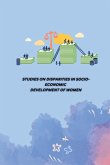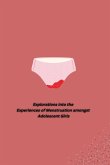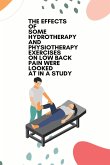This dissertation argues that fascism fixes on gender and particularly on transgender people because of the special role that gender plays in social reproduction. Chapter one demonstrates the problems with thinking of gender as an ahistorical and stable ontological category. Chapter two argues for a rejection of pathological models of understanding gender difference and looks at the US legislative pushes targeting transgender subjects. Chapter three argues that celebratory gender practices like the gender reveal operate on a kind of gender nationalism, and that the violent accidents they produce are secondary to the violence of gender in general. Chapter four shifts focus from gender to the apocalyptic and reads apocalyptic narrative as a type of instructive text. I argue that since gender happens historically, it is currently happening in an apocalyptic context: whether it be capitalism or life on earth, our ongoing environmental catastrophe increasingly insists that something must go. Because fascism rises in defense of capitalism, fascists insist that transgender people are that "something." Transgender people exert agency in how our social being unfolds. Activities, events, and forms of life that destabilize the appearance that capitalist social relations are determined by stable and eternal constitutive categories pose a threat to capitalism. I argue that we embrace our capacity to threaten a profoundly destructive way of relating to others and to our world, and that transgender ways of living and knowing can help us negotiate the apocalyptic present and form more intentional relationships with the creative and social processes of fashioning a self.








